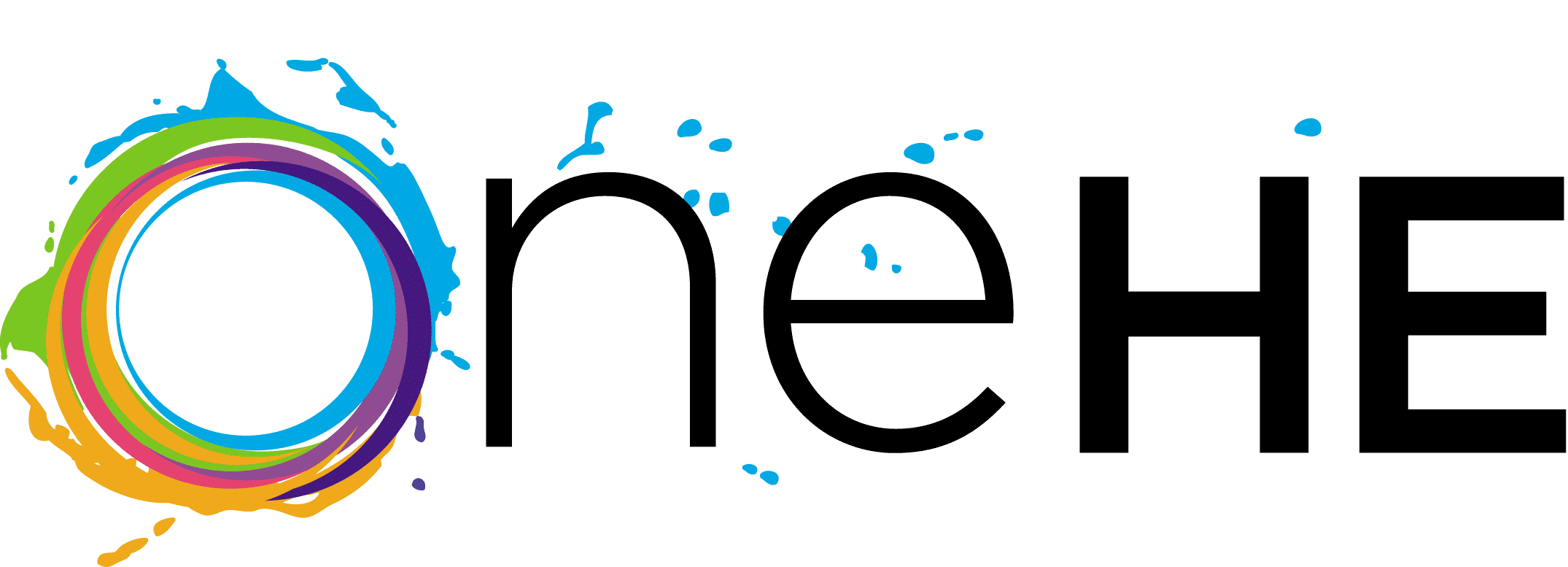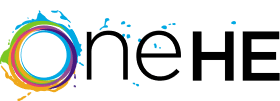Click here to view the video transcript
If we look at the research about academic integrity, we’re forced to go back to some landmark theories by Chickering and Reisser, Kohlberg and Gilligan. What these theories show us, is that traditional age university students are still developing their own identity, their own understanding of integrity and their reactions to moral questions and experiences. So knowing this, we can shift our discussion from a negative tone conversation about academic integrity violations, to a much more beneficial conversation about how educators can and should be helping mold the students to become ethical individuals who have the capacity for good moral decision-making.
Donald McCabe was a leader in academic integrity research. For years, he studied academic integrity, both on the high school level and at the collegiate level, some of his landmark research studied over 70,000 high school students, and he found that 95% of those students self-reported to participating in some form of academic integrity. His most important research study has now been updated, through the International Center for Academic Integrity.
And just this past year, we have been doing research with this new study. From the research that should be published in late 2021, David Rettinger of the University of Mary Washington, surveyed five different institutions out of the United States. In his most recent work, he was able to show that 32% of undergraduate students say they have cheated on an exam. 25.1% have used an electronic resource inappropriate for their assignment. 28% of students submitted work that was done by another student when it was supposed to have been done independently, and 15% of students submitted work where information was taken from a source without some sort of proper citation.
Now, through the pandemic of 2020 and 2021, many institutions have seen an increase in violations. Some recent work by Thomas Lancaster in 2021, showed there was a 196.25% increase of items posted to Chegg, which is a well-known homework help site during the pandemic. Now, no one can say that, that information posted to Chegg was definitely used for inappropriate activity, but just the posting and the drastic increase of numbers leads us to question, why were students posting that information during that pandemic time?
While faculty are seeing this as a worsening problem in their classrooms and are worried about how they can handle academic integrity, researchers Sarah Eaton and Paul MacLeod reported, there is also room for administration to assist faculty in reporting and helping prepare students for the educational environment. This research really does explain that it cannot just be faculty working alone to help educate the students, it does have to maybe a complete community of the university or the institution.
However, after understanding that there will be some students who will choose to be academically dishonest, the focus must shift from ‘How do we stop students from cheating?’ to ‘How do we ensure students are learning?’ as Tricia Bertram Gallant presents. She argues that misconduct will occur and there’s no way around that, and likely we cannot stop it, but we can make sure that when a student leaves our classroom, they are learning.
Through the landmark theories of Chickering and Reisser (1993), Kohlberg (1958), and Gilligan (1977), it is clear that traditionally aged university students are still developing their own identity, their understanding of integrity, and their reactions to moral questions or experiences. The discussion can then shift from a negative-toned conversation of the academic integrity violations to a beneficial conversation about how educators can and should be helping mold and shape students to become ethical individuals who have the capacity to make good moral decisions.
Donald McCabe, a leader in academic integrity research, first surveyed over 70,000 high school students and 95% self-admitted to participating in some form of cheating (McCabe, et al., 2012). In research that is in the process to be published, David Rettinger has worked with the International Center for Academic Integrity (ICAI, 2022) to survey 5 institutions (a private university, two large public universities, a small public university, and a small private liberal arts college). This most recent work reports 32% of undergraduate students have cheated on an exam, 25.1% have used an electronic resource inappropriately for an assignment, 28% have submitted work that was done with another person when it was supposed to be independent, and 15% have submitted work where information was taken from a source without proper citation. Throughout the pandemic, though, many institutions saw an increase of violations. Work by Thomas Lancaster showed an 196.25% increase of items posted to Chegg, a well-known homework help site, during the time of the pandemic (Lancaster and Cotarlan, 2021).
While faculty are seeing this as a worsening problem, there is also room for administration to assist faculty in reporting and helping prepare students for the educational environment (MacLeod and Eaton, 2020). However, after understanding that there are students who are academically dishonest, the focus must shift from “How do we stop students from cheating?” to “How do we ensure students are learning?” as Bertram Gallant presents (Bertram Gallant, 2008).
If you want to understand the academic integrity climate at your institution, and contribute to the understanding of the academic integrity landscape more broadly, click here to take part in this survey from the International Center for Academic Integrity (open as November 2021).


Discussions
Did you see an increase in violations during the pandemic? Why might this have been the case?
Please share your thoughts and questions in the comments section below.